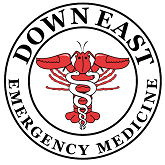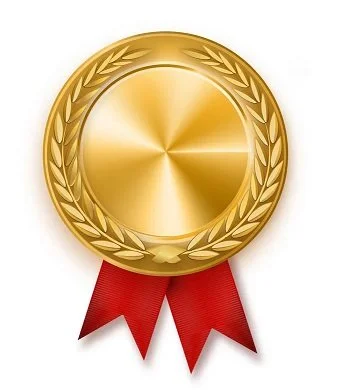Academics for the Community Provider- Bringing quality and longevity to your career
/Tired of reading? Prefer to absorb your Med-Ed through your wonderful powers of hearing? Check out our podcast by clicking HERE
In medicine we often draw a solid line between community and academic medicine, but this is likely a fallacy. In fact there is a huge amount of academia that can be found and thrive in a community hospital. In this interview we talk with Dr. Salim Rezaie of the REBEL EM blog and podcast, a man who has walked both sides of this imaginary line between community and academics. In our chat we discuss ways to get involved in academics in the community and the vast array of rewards that come with that, including improved patient care, increased fervor for your work, decreased burnout, and increased career longevity.
WHO?
Any Emergency Medicine (EM) provider. By this we mean and include EM physicians, Physician Assistants, Nurse Practitioners, Nurses, or anyone providing care in the Emergency Department. Given the continuum of education, many in the department are somewhere on this medical education path including nurses in Nurse Practicioner school, techs preparing for medical school, etc.
WHAT?
There is soo much in this category - it is hard to capture it all. Here is our (not exhaustive) list: Pre-med students coming to shadow, mentorship for junior staff, residents doing their community medicine rotation, medical students at local medical schools, Advanced Practice Provider (APP) schools doing community medicine rotations, academic society committees (ie ACEP, AAEM), hospital committees, regional/national/international lecturing.
WHEN?
We mention here that this work can be part of your day-to-day as teaching or academia done on shift, but there are many other times and ways to get academic involvement into your life. Salim and I both note the sometimes available and certainly nice clinical time buy-down (reduction) that can occur when we dedicate ourselves to academics for our department. Salim also mused very wisely about the pillars of our lives (our family, our health, our community) and how all else must revolve around those.
WHERE?
We recognize the default and obvious answer here is in our Emergency Department - either in clinical practice or committee meetings as discussed above. But we also mention here the potential for involvement in national society committees (via Zoom currently), and importantly the role of FOAM (Free Open Access Medical Education) in allowing any provider to do academic work anywhere they choose - so long as they have a laptop, microphone, and editing software.
WHY?
Salim cites 4 reasons why the community doc should be involved in academics:
1) It creates an outlet to keep up with the latest, newest data, material, trends which helps you be a better doctor.
2) It allows you to form a network of like-minded friends from across the world (esp. with FOAM).
3) It opens up opportunities you would never image (speaking at national/international conferences, publications, collaborations) which helps you get excited and be excited for the work that you do.
4) It gives us a voice. Rather than grumble, complain, or be bitter, it allows you to be proactive, creative and part of the solutions to your work environment and that of your colleagues. Salim and I agreed that academic work for the community doc pulls your passion into work and reinvigorates you, for sure helping to prevent burnout.
When we concluded Salim graciously offered to chat with and help anyone who would like to learn or hear more. Please reach out and we will be happy to connect you!











